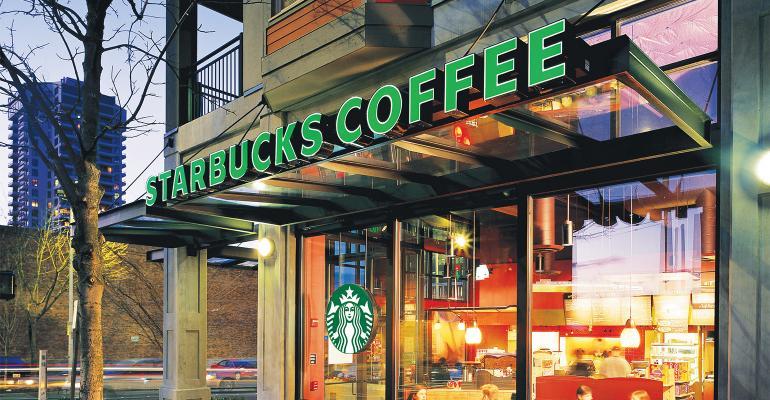In a far-reaching decision last week, Michigan district judge Mark Goldsmith granted the National Labor Relations Board’s request for a cease-and-desist order against Starbucks to stop firing workers on the grounds of union participation nationwide. Now, this week, Judge Goldsmith amended his order to only apply to the original Ann Arbor, Mich. store in question, which is now legally required to reinstate an employee that had been unlawfully terminated.
"While disappointing, the judge's revised order still provides critical protection for the workers at Starbucks’ Ann Arbor store whose statutory rights under the National Labor Relations Act have been violated,” National Labor Relations Board general counsel Jennifer Abruzzo told Nation’s Restaurant News in an emailed statement. “We will continue to seek nationwide relief before circuit court judges, district court judges, administrative law judges, and the board to remedy violations of federal labor law by Starbucks and other entities, as appropriate.”
The initial injunction would have signified a powerful win for unions and union supporters everywhere, as it would have given the NLRB the right to seek fiscal penalties in this specific court if the injunction were violated at any Starbucks location nationally. At the time, Starbucks called the initial decision “extraordinary” and “unwarranted,” according to the New York Times.
When Judge Goldsmith rolled back the far-reaching effects of his initial decision, he stated that amendments were needed to correct “certain errors” in the first ruling, including applying the injunctive relief only to the singular Ann Arbor case instead of all Starbucks stores nationwide. Goldsmith also stated in the follow-up brief that the NLRB regional director in Detroit failed to prove that Starbucks has a national union-busting corporate stance and therefore the ruling could not be applied to other cases going on in the country.
In response to the follow-up ruling, Starbucks told Bloomberg Law that the company is happy with the result of the case as the injunction would have been “overreaching and inappropriate request for a nationwide cease-and-desist order.”
There are several similar ongoing cases nationwide between Starbucks and the NLRB and union activists, and hundreds of open unfair labor practice cases against the company. Just earlier this month, a Denver administrative judge ruled that Starbucks had violated the National Labor Relations Act and had to reinstate a previously terminated employee at a Denver store and also had to expunge warning letters from the records of two other employees.
It’s no secret that Starbucks corporate has taken a firm anti-union stance, though whether the company has crossed the line into illegal union-busting will continue to be decided by the courts on a case-by-case basis. Just earlier this month, in an interview with CNN, outgoing Starbucks CEO Howard Schultz reiterated that unions do not have a place at Starbucks, and he thinks that the ongoing labor movement represents the desires of a small subsect of people at the company.
“If a de minimis group of people […] file for a petition to be unionized, they have a right to do so. But we as a company have a right also to say, we have a different vision that is better,” Schultz told CNN.
Union activists and labor rights supporters, especially on the left-end of the political spectrum do not agree with Schultz’s approach. Earlier this month, he was requested to testify at an upcoming Senate hearing led by Sen. Bernie Sanders to answer questions about the company’s alleged union-busting tactics – a request that Starbucks has denied.
Contact Joanna at [email protected]





